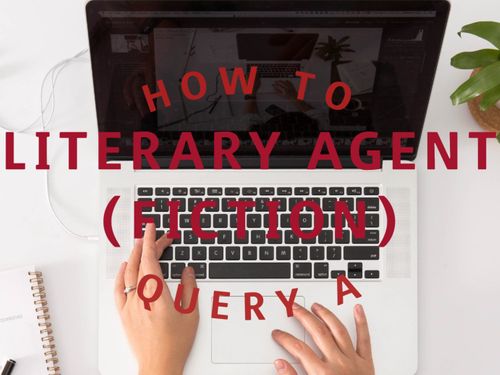How to query a literary agent: The hardest part of getting published
Nov 18, 2021 · 2 mins read
0
Share
Want to be a novelist? You need an agent. First impressions count. The query letter is the first impression--possibly the only impression--you'll make on an agent. It is the elevator pitch to the agent, persuading them to read your work.
Save
Share
Before you query, make sure your writing is in tip top shape. It should be free of typos and well developed. If an agent responds to you, they'll want you to respond quickly.
Save
Share
Your query should be no more than 500 words. Agents receive hundreds of these emails each week. Make it compelling but concise.
Save
Share
Open strong with a 1-2 line opening overture. Do you know one of their other clients? Are you an award winning author? Great, mention it quickly. If not, just start with 1 sentence that encapsulates your novel. Work in the genre, word count, and title.
Save
Share
Get a little personal. Make a note of another book the agent represents which is similar to yours in style or plot. A comparison title gives the agent a shortcut to understanding your work and shows you are being thoughtful about who you are seeking out.
Save
Share
Detail the who, what, when, where, and why in 300 words or less. The most common thing missing from descriptions is the obstacle or tension. Tension drives the plot and transforms a plodding storyline into a page turner.
Save
Share
Tell the agent a bit about yourself. If you have relevant credentials or writing awards, include them in detail. If you don't have anything meaningful to include, stick to just a short sentence that says where you live and your profession, hobbies, or family information.
Save
Share
Close your letter with contact information and a quick thanks for their consideration. Resist the urge to tell them how much they'll miss out if they reject your letter or beg for their attention with how hard you've worked. Writing is personal; publishing is business.
Save
Share
Give yourself a chance to learn from mistakes. Prioritize a list of who you want to query. Submit to only 5 at a time. If you receive positive responses, go ahead and submit to the remaining agents. If you receive rejections, you can do more work before submitting further.
Save
Share
Bottom line: The query letter may be short, but it is very important in seeking literary representation. Put as much effort into writing and editing it as you did your book.
Save
Share
0
